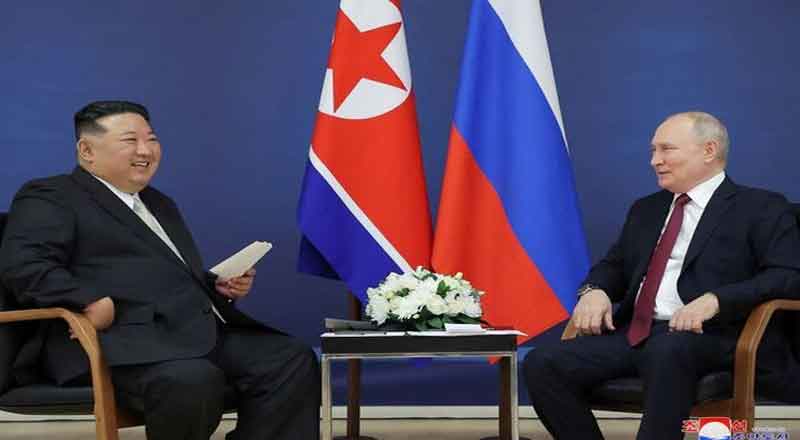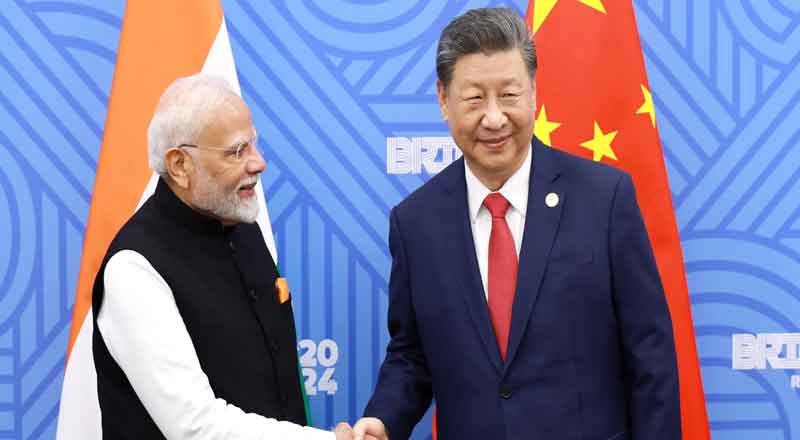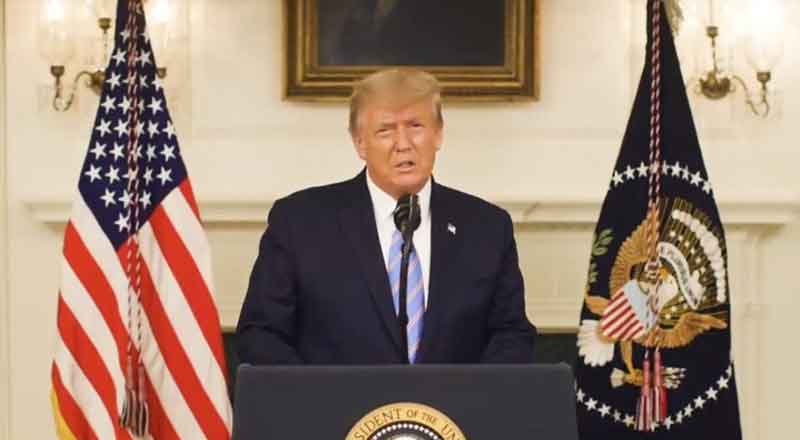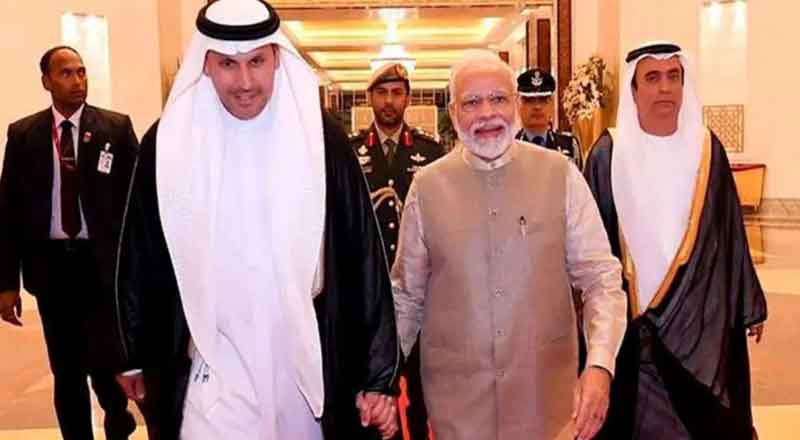- Kim and Putin met for the first time since 2019
- Summit designed for political message – analysts
- Both countries face sanctions
- Both Russia and North Korea have denied U.S. claims that they plan to provide each other with weapons.
- The leaders promised to deepen defence cooperation.
- The summit is an indicator that North Korea-related Security Council resolutions are dead, as are all attempts to stop North Korea or penalize it for having a nuclear program.
Whatever practical cooperation emerges from the meeting between Russian President Vladimir Putin and North Korean leader Kim Jong Un, their deepening relationship is aimed at sending their rivals a warning, analysts said.
Calling each other “comrade”, the men toasted their friendship after Putin showed Kim around Russia’s most modern space launch facility and they held talks alongside their defence ministers.
The two countries have an interest in demonstrating that, despite their geopolitical isolation, they have partners they can call on. And both seek to weaken U.S.-led sanctions and pressure campaigns, against Russia over the war in Ukraine and against North Korea for its nuclear weapons and missile programs, analysts said.
“Putin and Kim would both gain from a transactional bargain but they would also gain geopolitically by giving off the impression that their nuclear-armed countries are cooperating militarily and sending a warning about potential consequences to America’s allies and like-minded partners that support Ukraine,” said Duyeon Kim, of the Centre for a New American Security.
“Kim would also be signaling to Washington, Seoul, and Tokyo that Russia has his back in Northeast Asia.”
Both Russia and North Korea have denied U.S. claims that they plan to provide each other with weapons, but the leaders promised to deepen defence cooperation, and Putin said Russia would help the North build satellites. If they simply wanted a secret arms deal, the two leaders did not have to meet in person, said Leif-Eric Easley, a professor at Ewha University in Seoul.
“Putin and Kim’s diplomatic display is meant to claim success in challenging the U.S.-led international order, avoiding over-reliance on China, and increasing pressure on rivals in Ukraine and South Korea,” he said.
Discussions of any open violation of U.N. Security Council resolutions on North Korea would signal that major international agencies will be paralyzed, said a Korean expert. The summit is an indicator that North Korea-related Security Council resolutions are dead, as are all attempts to stop North Korea or penalize it for having a nuclear program, he said.
The Korea expert also said that Russia may be unlikely to provide North Korea with advanced technology that it could eventually lose control of. But its “excessive” signaling at defence cooperation allows it to send a strong message to South Korea not to directly provide military aid to Ukraine, he said.
Despite pressure from Kyiv and Washington, South Korea has only given Ukraine non-lethal aid, sold massive numbers of weapons to neighboring Poland, and provided the United States with artillery shells to fill dwindling reserves, while insisting it has no plans to provide lethal aid.
If Russia, North Korea, and China feel that they are threatened, it makes sense they would seek to support each other through partnerships or even alliances to counter the United States. But each country has a limited history of making such relationships work, said a professor at Hankuk University of Foreign Studies in Seoul.
(With inputs from agencies)





